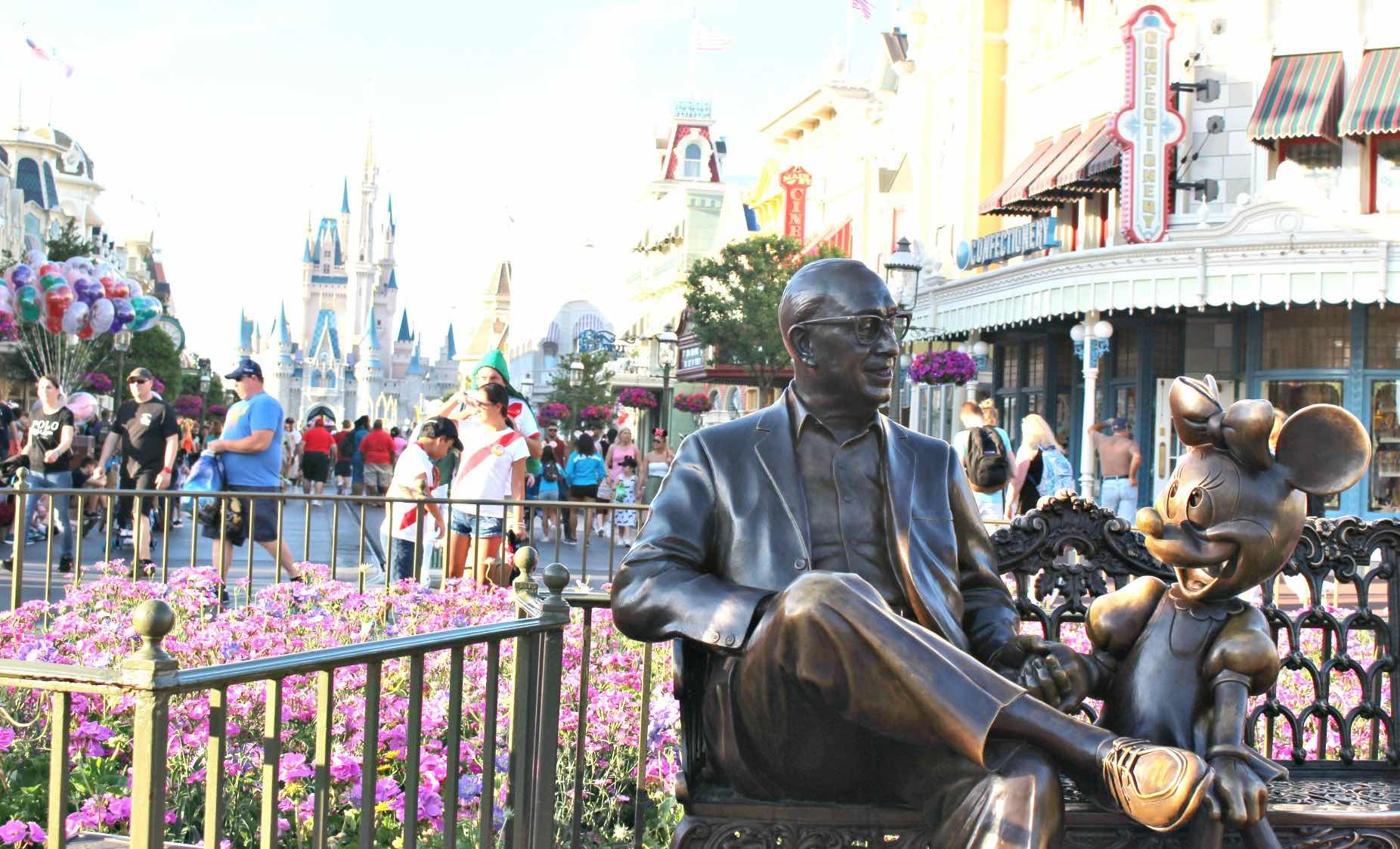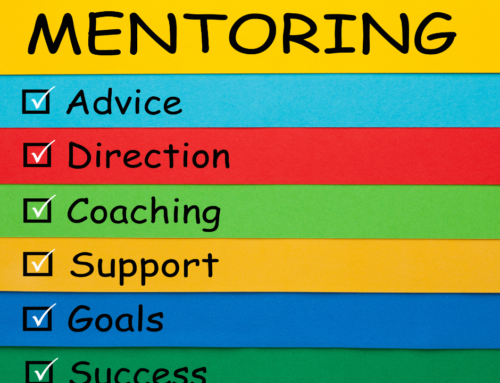Imagine this:
You’ve been hard at work with a co-worker on a very important presentation. And in just a few minutes, a manager from each department will be in the conference room, ready to hear what you’ve got.
Your partner comes up to your desk, eagerly asking if you’re ready to go with the final project you said you’d put the finishing touches on and export to a flash drive.
Suddenly your smile turns to panic and sweat starts dripping down your face as you realize that flash drive is still sitting on the kitchen table.
You immediately start thinking of who’s really to blame…
If only my daughter had cleaned up the table like she was supposed to, I’d have seen that drive on it.
Why was it my responsibility to put the finishing touches on it? Couldn’t my co-worker have done it?
I wouldn’t be in this mess if flash drives were never invented. That’s the person to blame!
But alas…you sigh…you know you’re the one who made the error.
“I’m sorry,” you say, sincerely. “I messed up. We can only show the version that’s on my work computer, the one without all of the new graphics. I’ll tell management it was my fault and do whatever I can to make the situation better for you.”
Disappointed but understanding, your co-worker pats you on the back, appreciative of your respectful conduct, and you carry on with what you have.
Has this situation happened to you? And more importantly, how did you handle it? Did you immediately begin searching for someone to pass the blame to and come up with an elaborate story to back it up? Did you get defensive and accusatory? Hey, I wouldn’t blame you if you did. We’re all human.
But in our Respectful Workplace Training workshops, we spend a good deal of time talking about the importance of apologizing to someone when you realise you’ve made a mistake that impacts the other person.
And it’s not just taking ownership for forgetting flash drives. Sometimes it’s even harder to apologize for an offensive or disrespectful comment you’ve made, than for a work-performance error.
We stress the importance of not just saying sorry, but apologizing sincerely and genuinely immediately after you’ve realized the mistake has been made. We also discuss how to then work enthusiastically to resolve the conflict and rebuild the damaged relationship.
When an apology is done right, it can go further than just repairing the damaged relationship, it can actually enhance it.
Now let me share another story with you, this time a personal one…
Last Friday was a very exciting day for me.
My entire family and I were heading for a trip of a lifetime. My wife and I had decided to take the whole group to Disneyworld and Universal Studios—that’s 10 adults and our 21-month-old grandson.
We were sold on the Wyndham Bonnet Creek Resort after a prior visit and a helpful discussion with the accommodating staff.
Our travel agent in North Vancouver went to great lengths to ensure that the hotel had all five couples booked into terrific rooms at the resort for the entire week that we were going to be there.
Unfortunately, we hit a bit of a snag with booking a direct flight from Vancouver to Orlando, and so had to change the dates of our trip around. The reservations were changed at the resort and we were ready to head to the “Happiest Place on Earth!”
One exhausting red-eye later, we hopped into our rented 15-passenger van (a.k.a small bus) and arrived at the resort, ready to settle in and relax.
However, as I stood at the front desk I heard the words you never want to hear after a long flight with your entire family, including a 21-month old: “We regret to inform you,” Rich said, “that there are no active reservations for you.”
Upon deeper investigation, it turned out that our reservation prior to the direct-flight-snag had remained (and was cancelled once no one showed up), but that the new dates were never put into the system, resulting in an even bigger snag: we had no rooms! And of course, it was Spring Break…so the hotel was bustling with other families and their active reservations…perfect…
However, the true professional that he was, Rich made sure that he would figure out what had happened and work out a solution with management while we were treated to a much-needed breakfast.
Can you imagine what was going through our minds right at this point?
Rich though, displayed a calm demeanour the entire time, had a kind face, and was entirely professional every time he spoke and listened to us. I felt confident we would be treated with respect and that a solution would be found.
Within 30 minutes, both he and the manager, Lorna, showed up at our breakfast table.
The first thing out of Lorna’s mouth was:
“I am so sorry. This is our mistake.”
After a sigh of relief on my end, she informed us that we would be taken care of with accommodations for the entire family in the top floor suites and that tomorrow they would find rooms similar to the ones we had booked.
But they didn’t stop at that.
Over the course of the week, but particularly the initial two days after the hiccup, the hotel went above and beyond to try and fix the mistake that occurred between the first and second reservations.
Everyone, Rich in particular, remained calm and respectful to us, happy to own the resort’s mistake and sincerely make sure our stay was perfect.
Whether we’ve faced a computer glitch with a disappointed customer, forgotten the flash drive, or made an inappropriate comment, conflicts at work are most easily fixed with respectful conduct and genuine apologies.
How we handle those stressful, unpleasant moments is what determines our character and how we then go about rebuilding trust in the damaged relationship will determine whether things run smoothly in the future or not.
And to prove the effectiveness of such conflict resolution, you may be asking whether we’ll be staying at the Wyndham Bonnet Creek Resort again?
You bet we will!







Leave A Comment